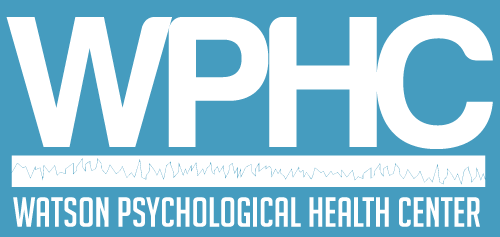Embracing Transparency: Overcoming Fear Through Self-Honesty and Complete Openess
In our journey through life, fear often acts as an invisible barrier, holding us back from truly connecting with ourselves. Whether it's fear of failure, rejection, or the unknown, these emotions can paralyze us, preventing us from personal vulnerability. However, by embracing vulnerability it will bring us into openness and honesty with ourselves, where a person can work through fear, grief, apathy, anger, and pain to unlock your world of possibilities.
Understanding Fear
You can get the above assessment and Battle Within E book in the store. Click here. Ryan is also avaliable to help you through this as well on line or in person. So grab you assessment and then let’s get a consultation with Ryan setup so you can started today!
Fear is a natural response to the unknown or perceived threat. It triggers a cascade of physiological responses, preparing us to either fight or flee from the perceived danger. While this response is crucial for survival, it can also be debilitating when faced with non-life-threatening situations, such as pursuing a new career path or starting a new relationship.
The Power of Self-Awareness
Self-awareness is the foundation of being open and honest with ourselves. It involves recognizing our thoughts, emotions, and behaviors without judgment. By developing self-awareness, we can identify the root causes of our fears and begin to address them effectively.
Identifying Limiting Beliefs
Often, our fears are rooted in limiting beliefs that we hold about ourselves. These beliefs are often formed early in life based on our experiences and the messages we receive from others. For example, a belief that "I am not good enough" can manifest as fear of failure, leading us to avoid taking risks or pursuing our goals.
**Challenging Our Beliefs**
I consider this the key! Just like the image at the top, are you afraid to trust….to be open… or what people will think about you. Challenging your limiting beliefs is a crucial step in overcoming fear. This involves examining the evidence for and against your beliefs and considering alternative perspectives. The more aware you are of yourself, the better your perspective will be. This is where often times you may need to the help of a professional that understands and is has vast experience in treating anxiety, depression, and other stressors. For example, instead of viewing failure as a reflection of our worth, we can see it as a valuable learning experience that can lead to growth and development.
Cultivating Self-Compassion
Self-compassion is essential for working through fear. It involves treating ourselves with kindness and understanding, especially when faced with challenges or setbacks. By practicing self-compassion, we can soothe our fears and build resilience in the face of adversity.
Taking Action
Finally, overcoming fear requires taking action despite our fears. This does not mean ignoring or suppressing our fears but rather acknowledging them and choosing to move forward anyway. By taking small, manageable steps towards our goals, we can gradually build confidence and reduce the hold that fear has over us.
No more fear, let’s get started today. You can do this and you will be so glad you made the choice.
Conclusion
Being open and honest with ourselves is a powerful tool for overcoming fear. By developing self-awareness, challenging our limiting beliefs, cultivating self-compassion, and taking action, we can work through our fears and unlock our full potential. Embracing authenticity allows us to live more fulfilling lives, free from the constraints of fear.




